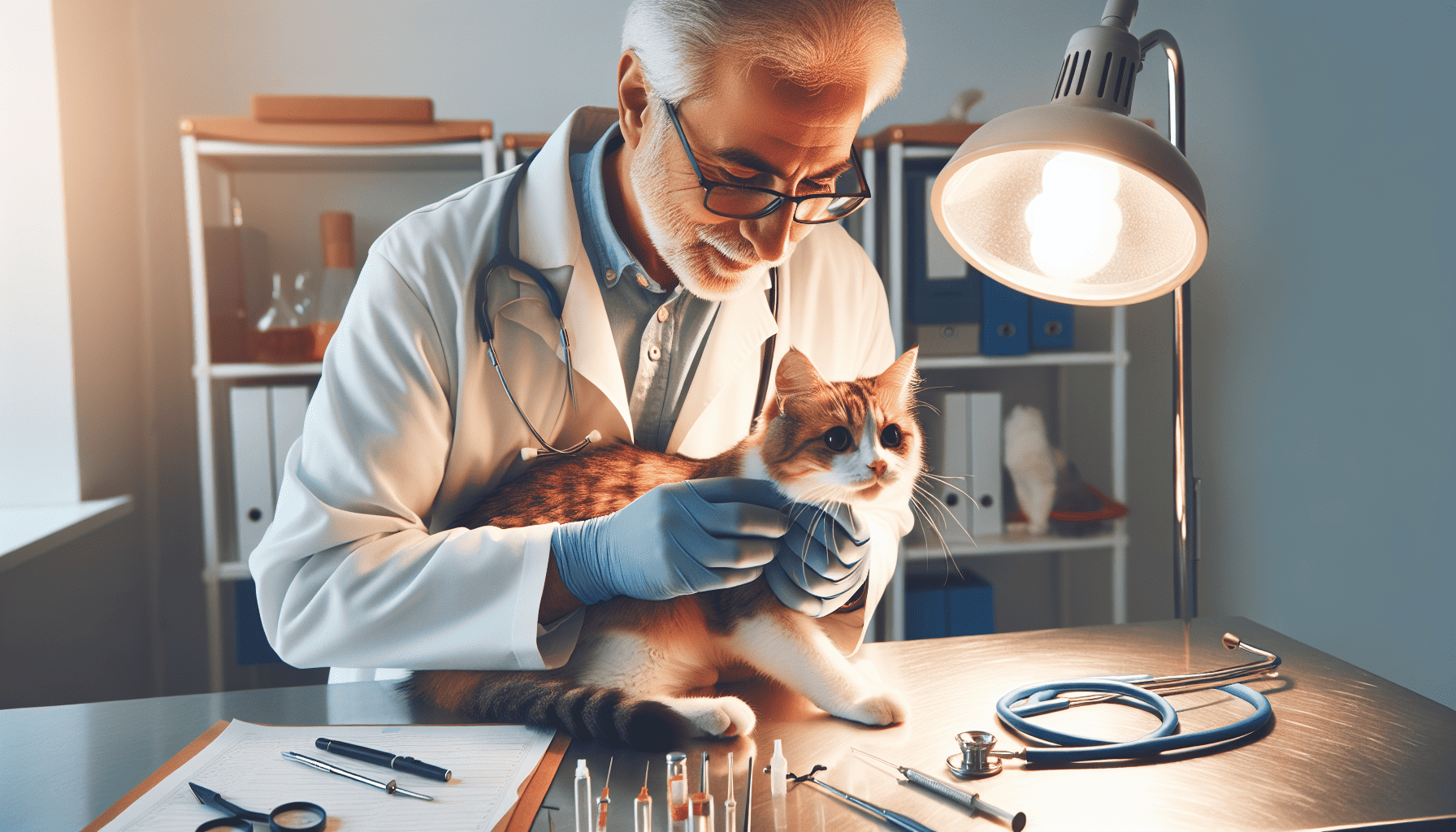In today's world, pets are more than just companions; they are cherished members of the family, and like family members, they sometimes have unique needs that require specialized care. Whether it's a specific diet for an exotic bird, mobility support for a senior dog, or behavioral training for a high-strung cat, specialized pet care is essential for ensuring that pets with unique needs live happy, healthy, and fulfilling lives.
The first step in providing specialized pet care is understanding that every pet is different. This starts with recognizing the specific conditions or needs of the pet, such as health issues, age-related changes, or behavioral quirks. Pet owners should actively collaborate with veterinarians who specialize in the care of specific species or conditions. These professionals can offer insights into health management, recommend tailored diets, suggest appropriate environmental enrichments, and provide medical treatments suited to an individual pet’s requirements.
Nutrition plays a pivotal role in specialized pet care. Pets with allergies, digestive disorders, or diabetes require carefully controlled diets formulated to manage their condition. Similarly, exotic pets like reptiles or birds often have unique dietary needs that must be met for their health and well-being. Consulting with a veterinary nutritionist can ensure that these nutritional requirements are adequately addressed, providing the necessary balance of vitamins, minerals, and nutrients.
In addition to physical health, behavioral health is another critical component of specialized pet care. Behavioral challenges can arise from a variety of factors, including trauma, changes in the environment, or improper socialization. Professional trainers or animal behaviorists can help address issues such as separation anxiety, aggression, or compulsive behaviors by developing a customized training plan or offering therapy sessions. This not only improves the pet’s quality of life but also strengthens the bond between the pet and their owner.
Physical limitations, such as those experienced by older pets or those with congenital disabilities, also require specific attention. Mobility aids, such as ramps, harnesses, or specially designed wheelchairs, can enable these pets to move freely and comfortably. Regular physical therapy or rehabilitation exercises can also be beneficial in maintaining strength and mobility, reducing discomfort, and preventing further deterioration of their condition.
Environmental enrichment is another key aspect of caring for pets with unique needs. Providing an engaging and stimulating environment is crucial for mental and emotional well-being. For instance, puzzle feeders and interactive toys can keep a pet’s mind sharp, while climbing trees and scratching posts can fulfill the natural instincts of cats. Additionally, ensuring that a pet’s living area is safe, comfortable, and free from stressors is vital.
Finally, fostering a community of support can be invaluable. Connecting with fellow pet owners who have experience with similar challenges through support groups or online forums can provide emotional support, practical advice, and a sense of camaraderie.
In conclusion, specialized pet care is about more than addressing the immediate needs of our animal companions—it’s about embracing a holistic approach to their health and well-being. By seeking out appropriate veterinary expertise, ensuring proper nutrition and enrichment, and addressing behavioral and physical needs, pet owners can provide the expert attention required for pets to thrive. With dedication, knowledge, and love, we can help our pets with unique needs lead enriched and joyful lives.
